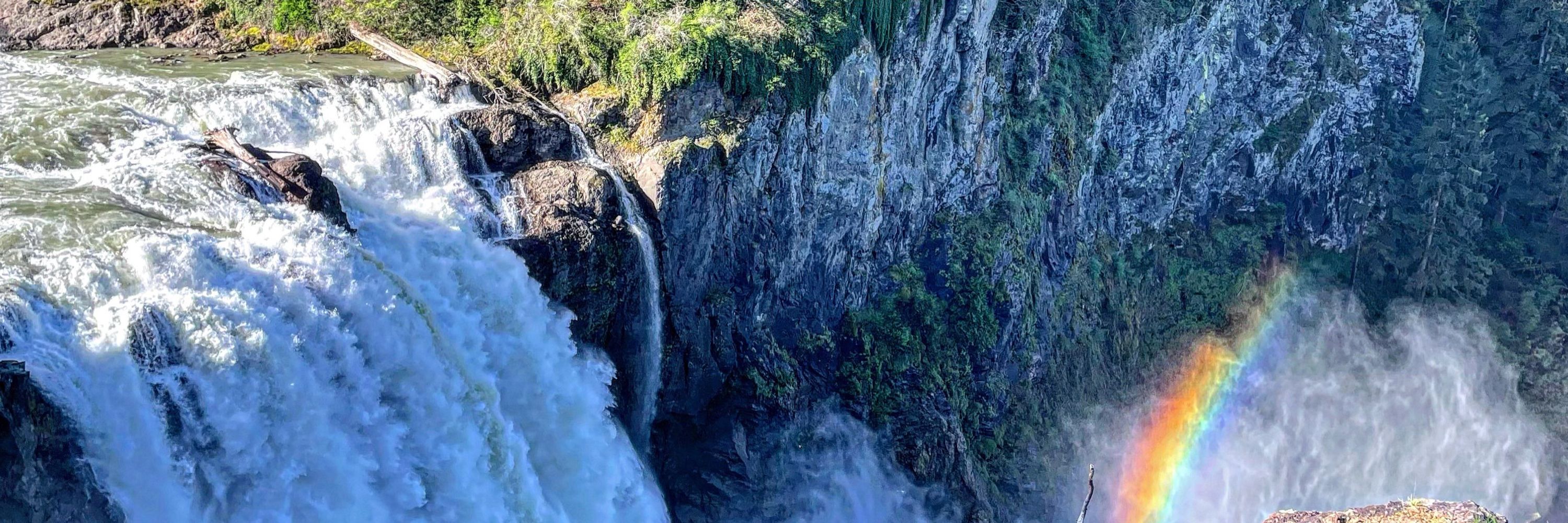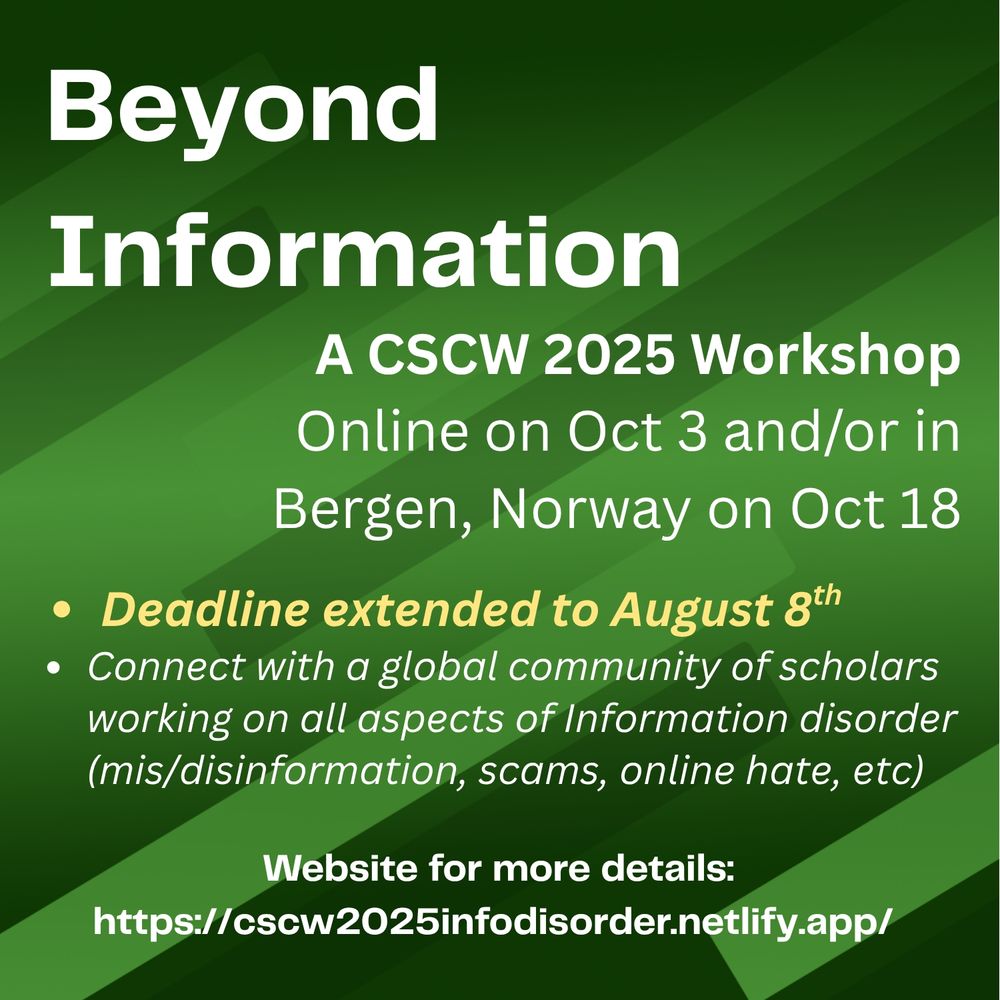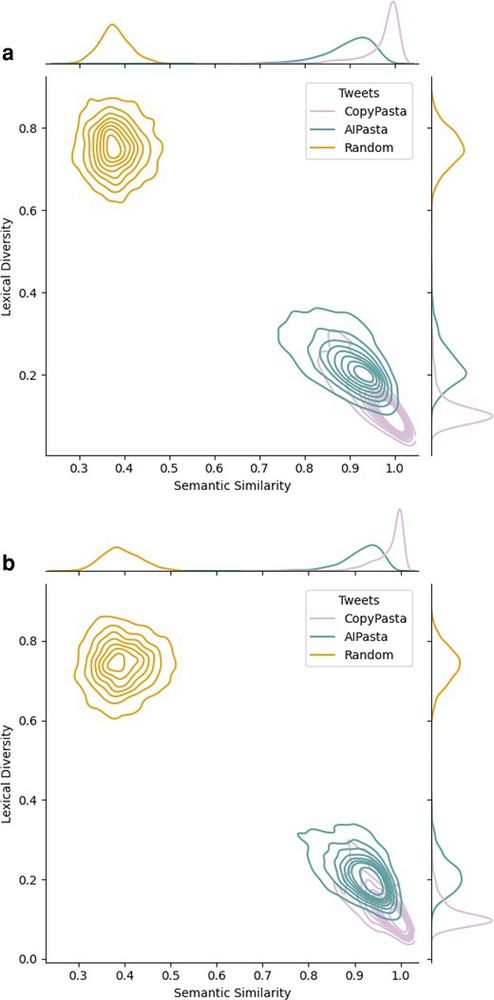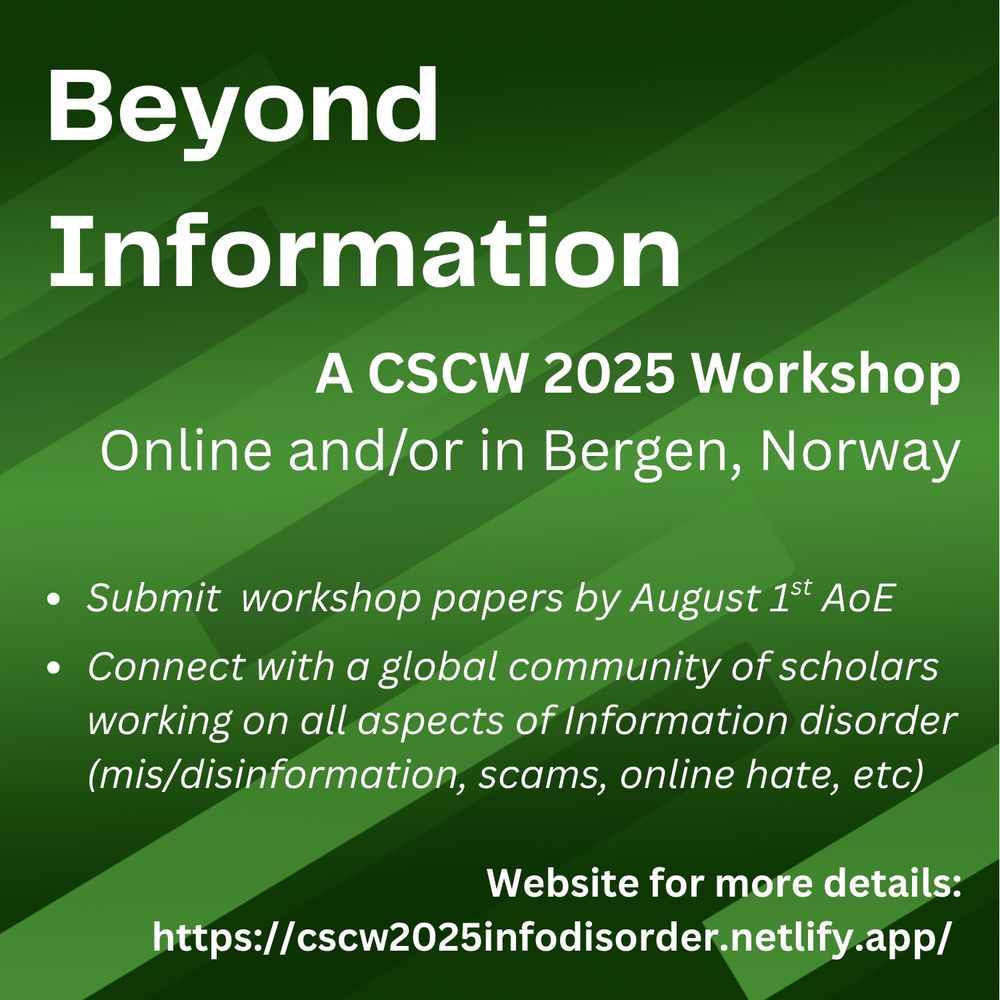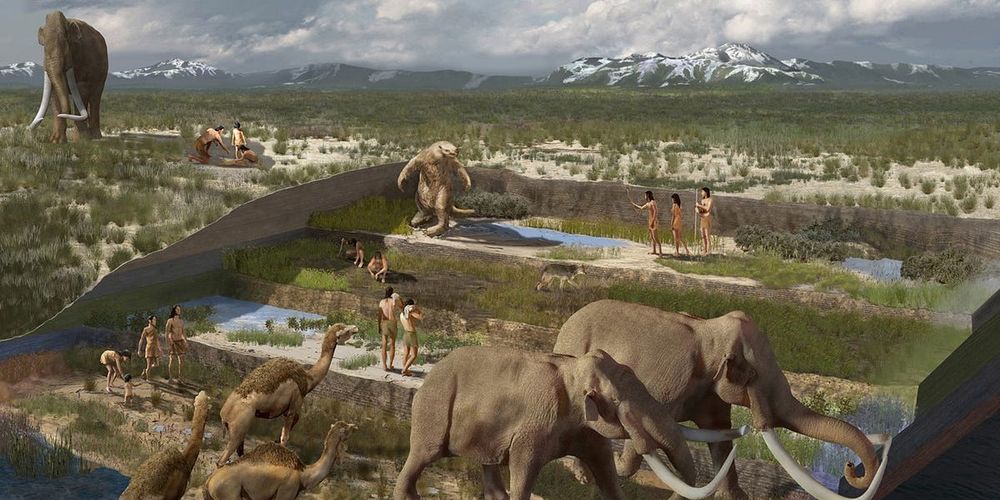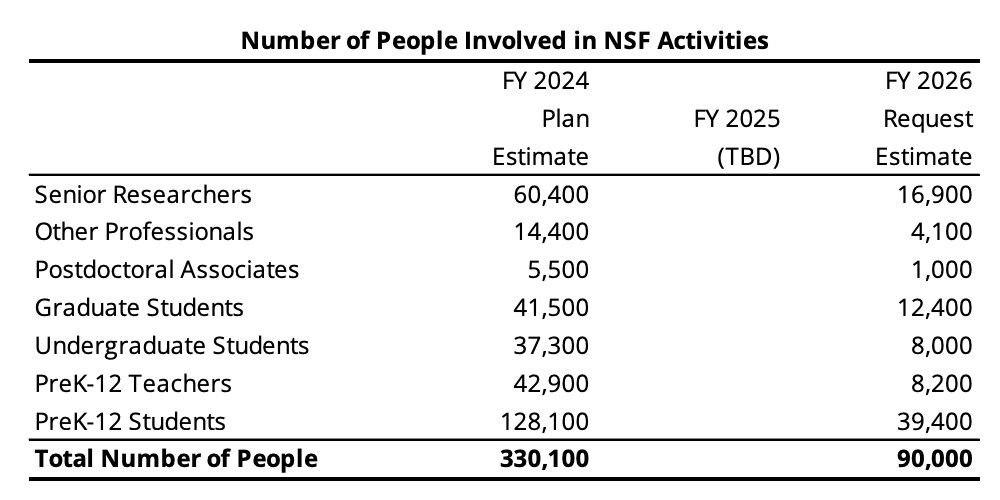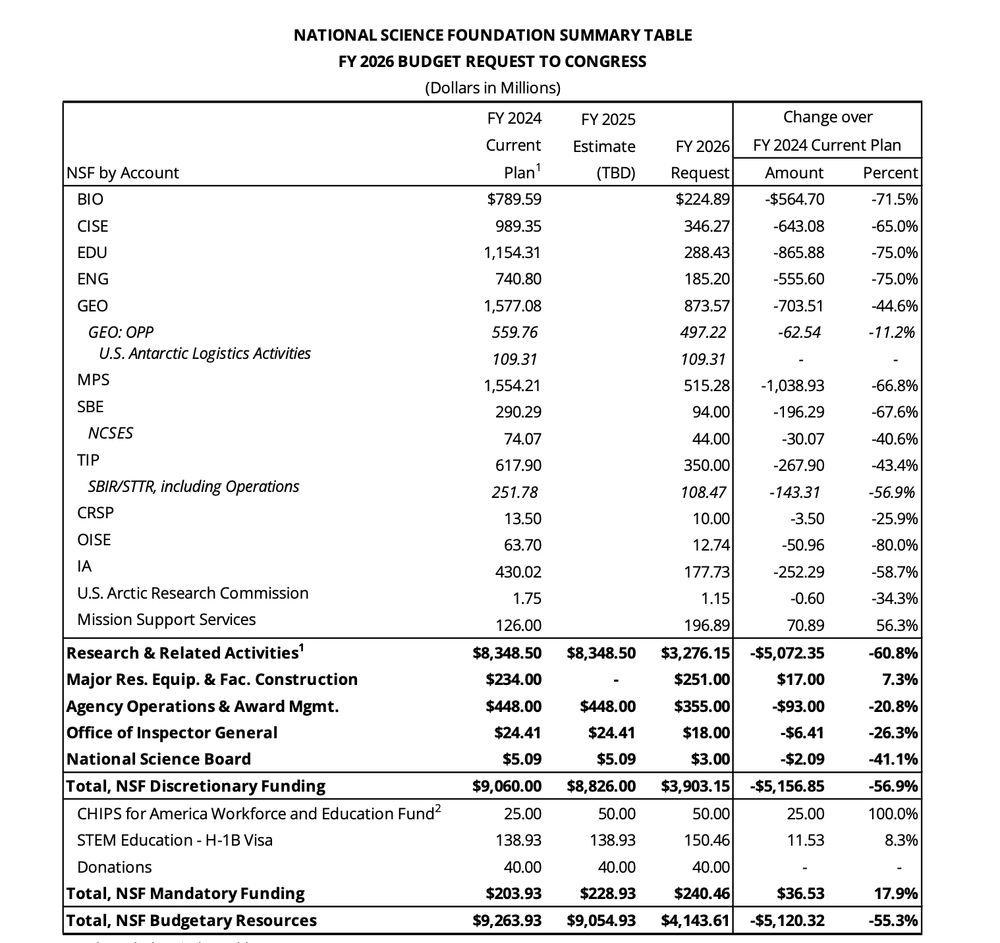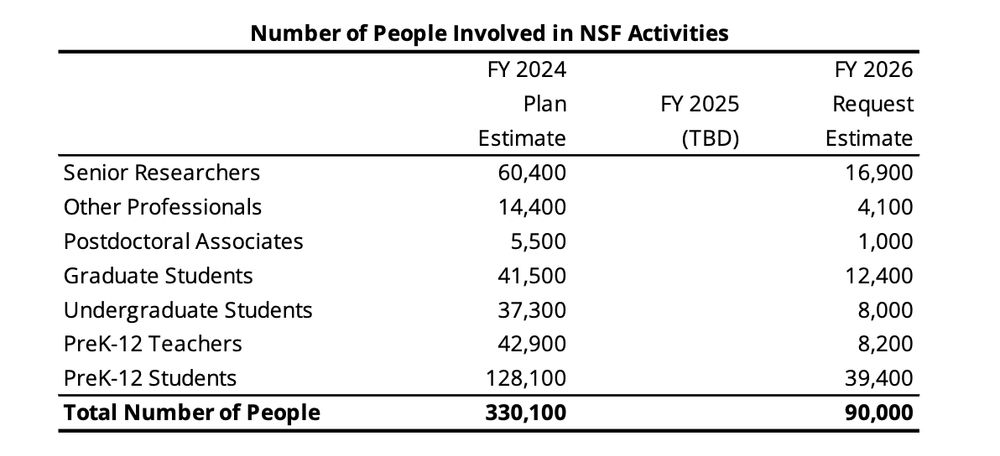Nina Lutz
@ninalutz.bsky.social
690 followers
560 following
140 posts
PhD-ing at UW @cip.uw.edu @hcde.uw.edu Visual media in problematic info (mis/disinfo, online hate, scams, propaganda). Thinking about images of migration, prediction, and religion in the best and worst of times. ninalutz.github.io.
Posts
Media
Videos
Starter Packs
Reposted by Nina Lutz
Reposted by Nina Lutz
Kate Starbird
@katestarbird.bsky.social
· Aug 27
Nina Lutz
@ninalutz.bsky.social
· Aug 20
Reposted by Nina Lutz
Kate Starbird
@katestarbird.bsky.social
· Jul 24
Reposted by Nina Lutz
Kate Starbird
@katestarbird.bsky.social
· Jun 30
Melinda's Dissertation: Truth-Seeking as Collaborative Work
In moments of uncertainty, journalists help the public make sense. This research shows how that work depends on expert networks and systems that too often fail when they need to move fast and what it ...
www.melm.cc
Reposted by Nina Lutz
Eliot Higgins
@eliothiggins.bsky.social
· Jun 27
Reposted by Nina Lutz
Reposted by Nina Lutz
Reposted by Nina Lutz
Reposted by Nina Lutz
Reposted by Nina Lutz
Reposted by Nina Lutz
Reposted by Nina Lutz
Kate Starbird
@katestarbird.bsky.social
· May 30
Reposted by Nina Lutz
Nina Lutz
@ninalutz.bsky.social
· May 23
Nina Lutz
@ninalutz.bsky.social
· May 23
Nina Lutz
@ninalutz.bsky.social
· May 23
Nina Lutz
@ninalutz.bsky.social
· May 23
Nina Lutz
@ninalutz.bsky.social
· May 23
Nina Lutz
@ninalutz.bsky.social
· May 23
Nina Lutz
@ninalutz.bsky.social
· May 23
